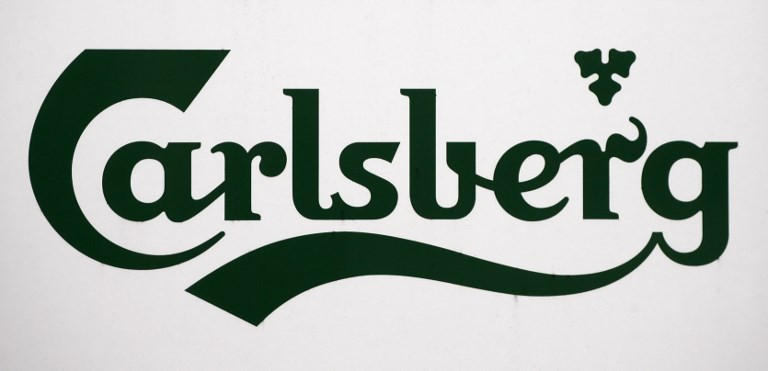Carlsberg cans plastic rings to cut waste
Danish brewer Carlsberg said it was ditching the plastic rings that hold together its six-packs, launching a glued "Snap Pack" aimed at cutting waste and emissions.
Change Size
 Danish brewer Carlsberg said it was ditching the plastic rings that hold together its six-packs, launching a glued 'Snap Pack' aimed at cutting waste and emissions. (AFP/Craig Brough)
Danish brewer Carlsberg said it was ditching the plastic rings that hold together its six-packs, launching a glued 'Snap Pack' aimed at cutting waste and emissions. (AFP/Craig Brough)
D
anish brewer Carlsberg said Thursday it was ditching the plastic rings that hold together its six-packs, launching a glued "Snap Pack" aimed at cutting waste and emissions.
Plastic rings pose a serious threat to wildlife and are choking landfill sites, and together with plastic bags are linked to increased ocean pollution.
Carlsberg said its new solution, where the cans are bonded together, would reduce plastic waste globally by more than 1,200 tonnes a year, equivalent to 60 million plastic bags.
The initiative will "reduce the amount of plastic used in traditional multi-packs by up to 76 percent," the brewer said.
Carlsberg is the latest company to take steps to reduce its plastic packaging, following other multinationals such as Ikea, McDonalds, Starbucks and Adidas.
Read also: Last straw for McDonald's, Burger King in Mumbai plastic ban
From 2006 to 2016, global plastic output rose from 245 million to 348 million tonnes, according to the PlasticsEurope trade association.
Anti-plastics campaigning has been vigorous in Europe in recent years, and the EU in May proposed a bloc-wide ban on single-use plastics but did not set a deadline.
Only nine percent of the nine billion tonnes of plastic produced globally to date has been recycled, a recent UN report said.
Some 12 million tonnes per year, mostly in the form of single-use packaging, are dumped into the world's oceans, creating an ecological nightmare, according to Greenpeace.









